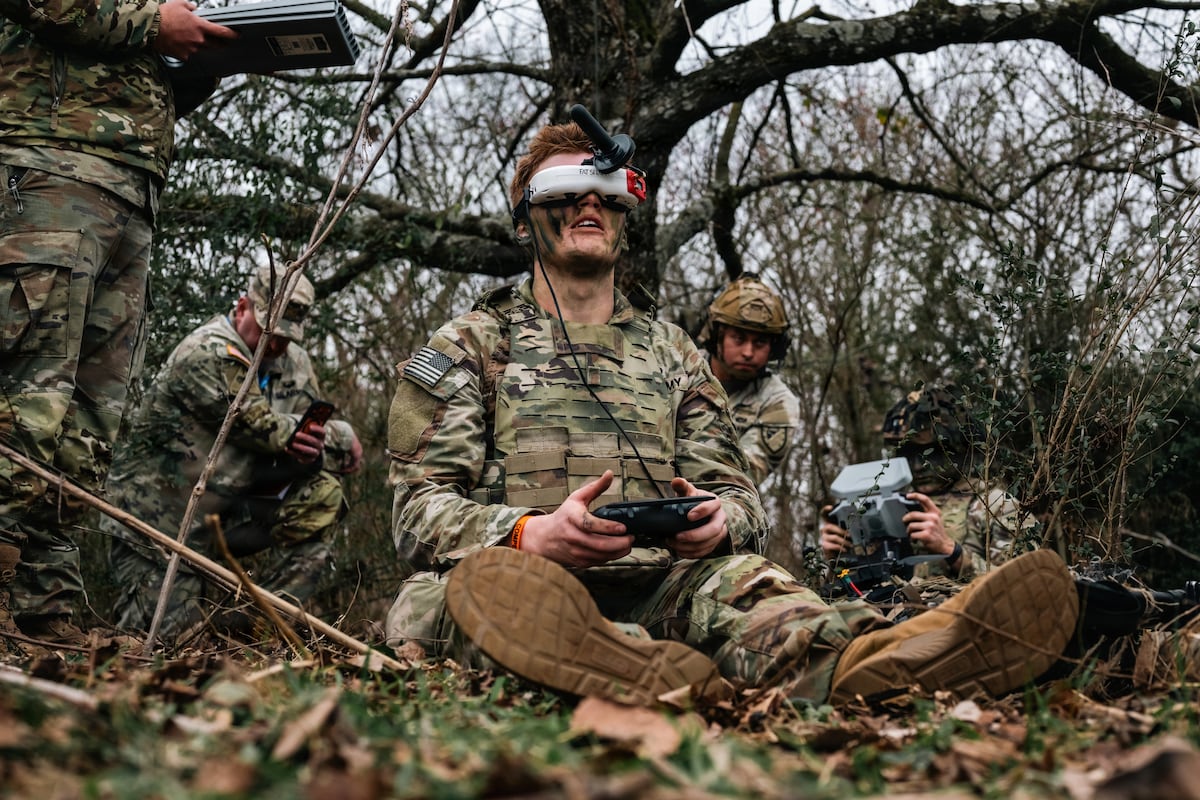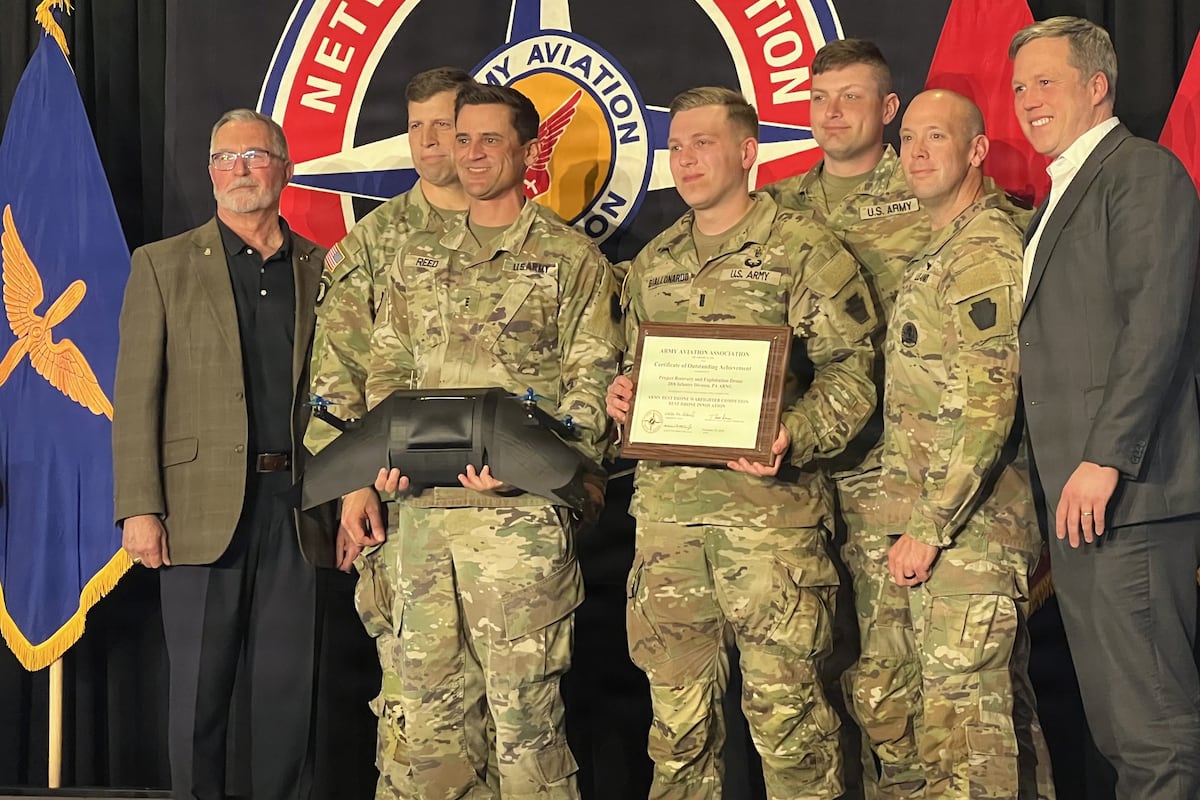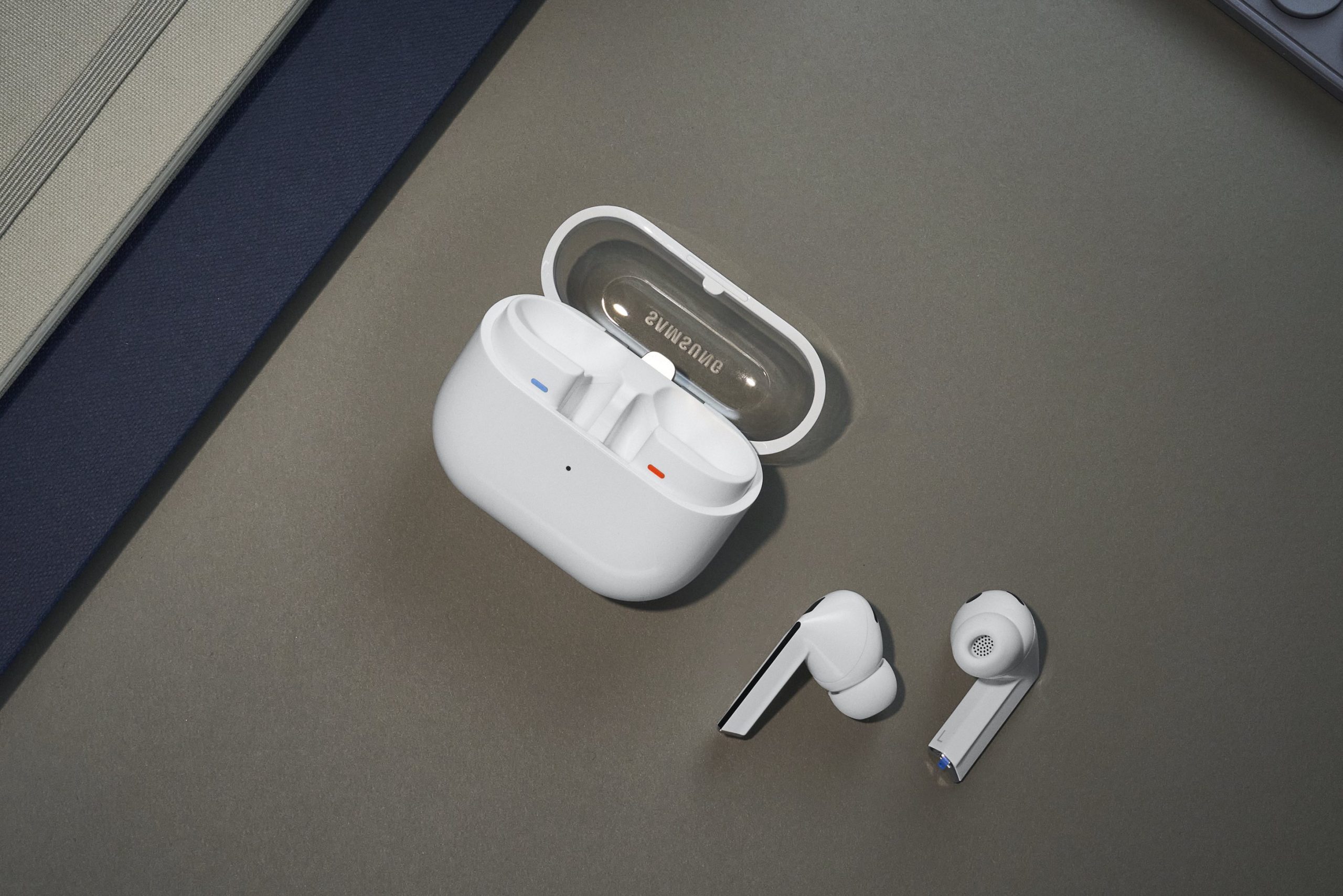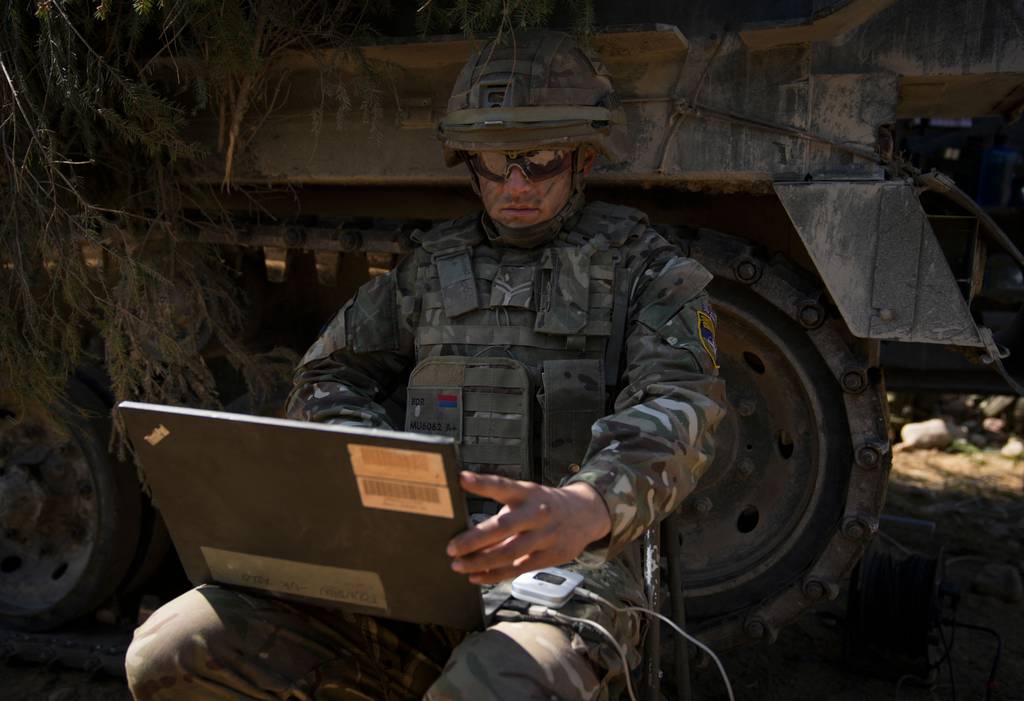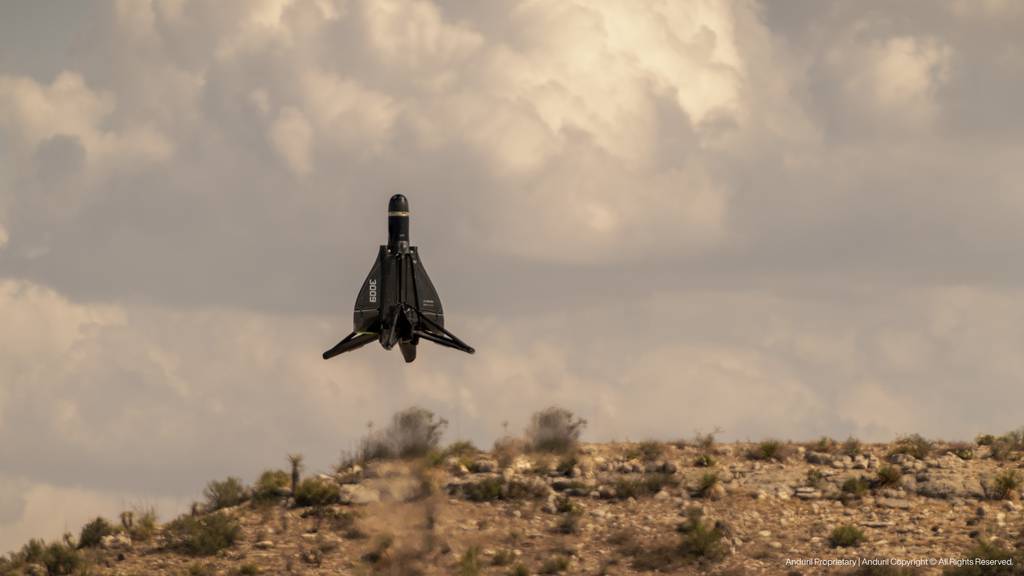Australia should surge defense spending to 3.5% of GDP, Pentagon says
SINGAPORE — The United States is urging Australia to raise defense spending to 3.5% of GDP, almost a third
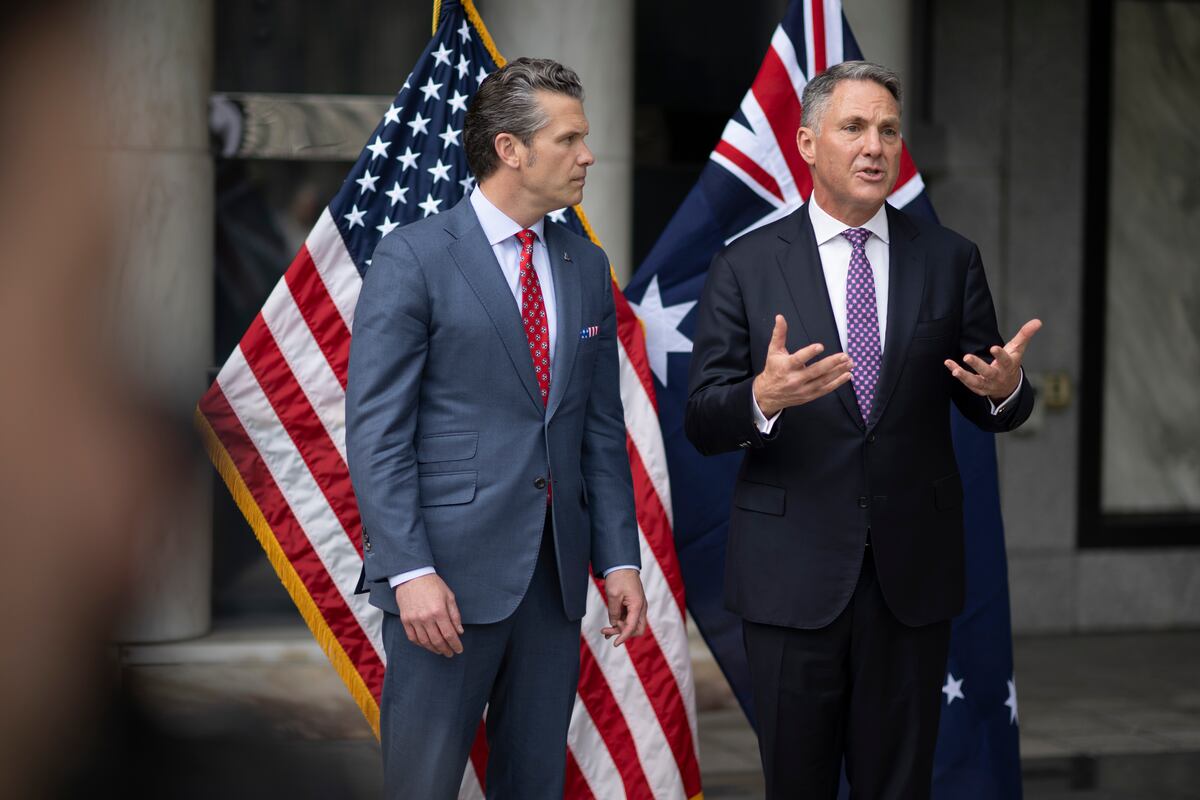
SINGAPORE — The United States is urging Australia to raise defense spending to 3.5% of GDP, almost a third above the target Canberra has set even for the early 2030s, the Pentagon said Sunday.
“On defense spending, [Defense Secretary Pete] Hegseth conveyed that Australia should increase its defense spending to 3.5 percent of its GDP as soon as possible,” the statement read, referring to a meeting with Australia’s Deputy Prime Minister and Defense Minister Richard Marles.
The two defense chiefs spoke on the sidelines of the Shangri-La Dialogue, a defense summit in Singapore. In a speech describing the Trump administration’s approach to Asia, Hegseth said the military threat posed by China “could be imminent” and called on U.S. allies in the region to drastically increase defense spending.
Marles said Hegseth had raised the topic in their meeting but didn’t specify a rate.
“I don’t think it’s about a particular number,” Marles said in an interview. “America has clearly been articulating that they want their friends and allies to spend more.”
During his speech, Hegseth pointed to NATO countries’ recent push to reach defense budgets closer to 5% of GDP — a share the Pentagon’s head of policy has repeatedly said should be the standard for U.S. allies in the Indo-Pacific.
“We ask, and indeed we insist, that our allies and partners do their part,” Hegseth said.
Still, the varying signals have left some U.S. allies confused and frustrated at the repeated public calls from Washington to spend more. Australia already plans to raise its defense budget to 2.4% of GDP by 2033-34, up from the about 2% it spends now.
Defense analysts largely see the Pentagon’s statements as a way for the Trump administration to create negotiating leverage — shifting the window of acceptable spending numbers for allied governments. But some also warn it could backfire if the public in other countries starts to see these calls as strong-arming.
“We do understand where America is coming from and we’re up to the conversation,” Marles said. “But ultimately, the decisions that we make around defense spending are going to be driven by Australia’s national interest.”
Noah Robertson is the Pentagon reporter at Defense News. He previously covered national security for the Christian Science Monitor. He holds a bachelor’s degree in English and government from the College of William & Mary in his hometown of Williamsburg, Virginia.

